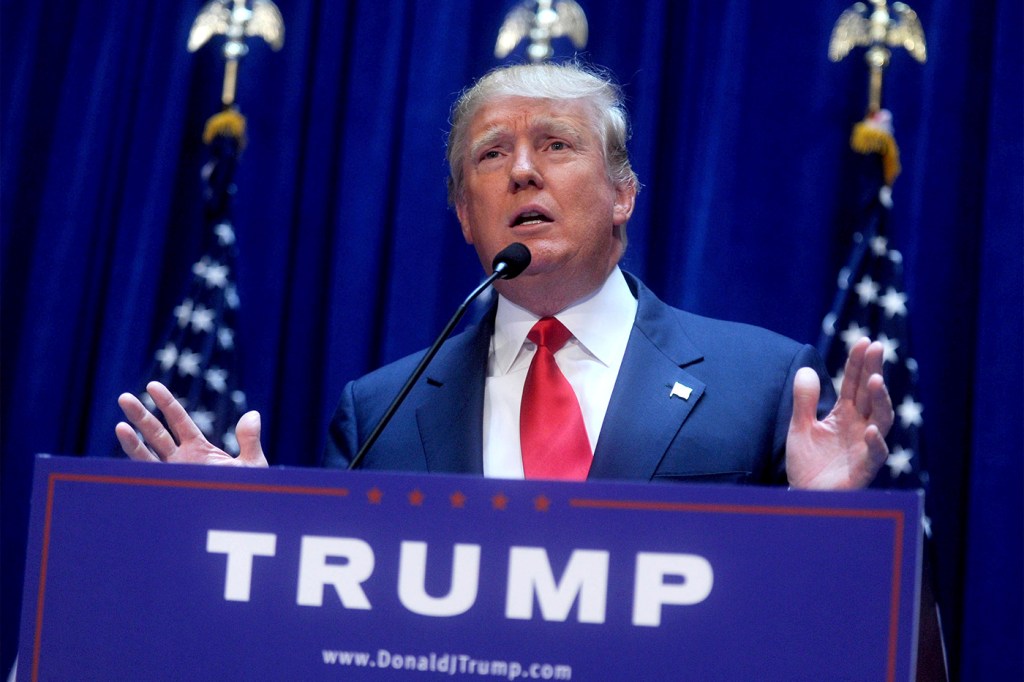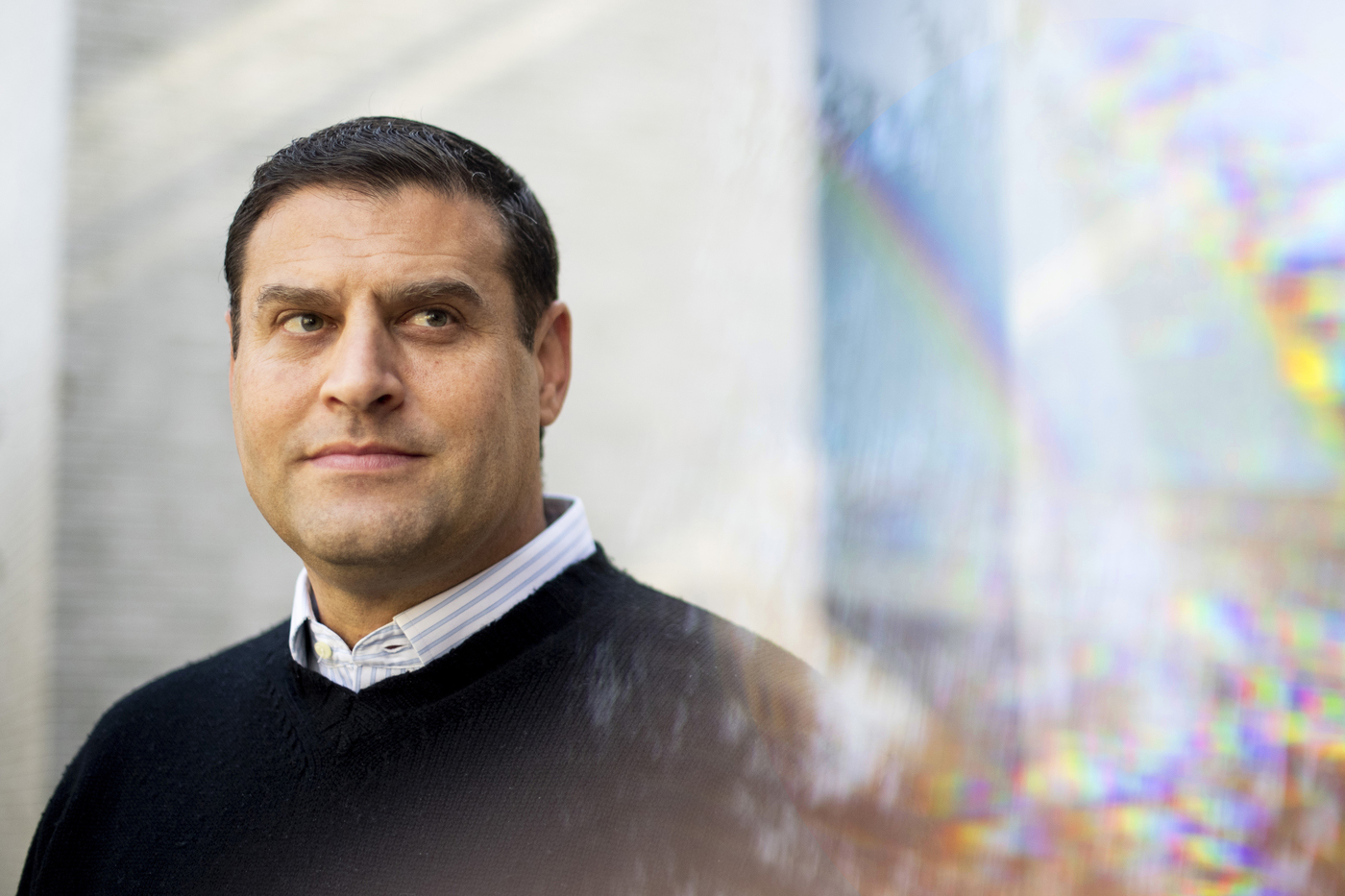Donald Trump in court: Will his First Amendment defense hold up?

Former President Donald Trump appeared in court on Thursday on felony charges related to his alleged efforts to overturn the 2020 presidential election results. For many experts and observers, an indictment tied to Trump’s “big lie” was long in the cards—and all but expected.
During media interviews since the charges were unveiled this week, Trump’s attorneys have put forward an argument in his defense: that the speech for which he is being indicted is protected under the First Amendment.

What’s more, they contend that the actions Trump took in the aftermath of the election, which include allegedly participating in a scheme to organize fraudulent slates of electors, among other moves, were on the advice of counsel. All in all, the argument doesn’t hold water, says Dan Urman, director of the law and public policy minor at Northeastern, who teaches courses on the Supreme Court.
“The bottom line is the First Amendment does not protect criminal solicitations,” Urman says. “That’s what precedent tells us.”
On the point of whether Trump is innocent because he was simply listening to his attorneys, Urman says “ignorance of the law has never been an effective defense.”
On Tuesday, special counsel Jack Smith announced a handful of new charges against the former president, including three counts of conspiracy and one count of obstructing or attempting to obstruct an official proceeding. The indictment is referred to as a “speaking” indictment because of the sheer detail federal prosecutors go into making their case—more than is required by law.
“The other point to make here is you have First Amendment rights to make statements, but generally the First Amendment provides a lot weaker protection when you are knowingly lying,” Urman says.
Indeed, at the heart of the case is whether Trump knew he lost the election, and was therefore acting with “corrupt intent” when he engaged in what the Justice Department describes as a monthslong effort to “impair, obstruct, and defeat” the legitimate federal process for certifying the results of the presidential election.
And there are defenders of the theory that Trump earnestly believed he had won the election. Alan Dershowitz, who defended Trump during the former president’s first impeachment hearing, told Newsweek that the First Amendment defense is sound “unless the government can prove beyond reasonable doubt that he actually knew and believed he had lost fairly.” Dershowitz claims that others close to Trump say that during the period in which the alleged misdeeds took place “he talked himself into [believing the election was stolen]. That he believed it.”
The indictment itself offers that Trump “had a right, like every American, to speak publicly about the election and even to claim, falsely, that there had been outcome-determinative fraud during the election and that he had won.”
But it was the actions Trump took, according to the indictment, to discount legitimate votes and subvert election results that were unlawful.
“Yes, it is speech they’re talking about,” Urman says. “Just like I’m talking to you and I’m using words. But protection is removed in this case because there are specific crimes.”
The 45-page document alleges that Trump acted alongside six co-conspirators, who weren’t named in the pages. Outlets are reporting that those co-conspirators may include Rudy Giuliani, Trump’s former personal attorney; John Eastman, a Trump legal adviser; Sidney Powell, described in the indictment as “an attorney whose unfounded claims of election fraud the Defendant privately acknowledged to others sounded ‘crazy’”; former Justice Department official Jeffrey Clark; and attorney Kenneth Chesebro.
Trump pleaded not guilty to the charges during Thursday’s arraignment.
Tanner Stening is a Northeastern Global News reporter. Email him at t.stening@northeastern.edu. Follow him on Twitter @tstening90.






